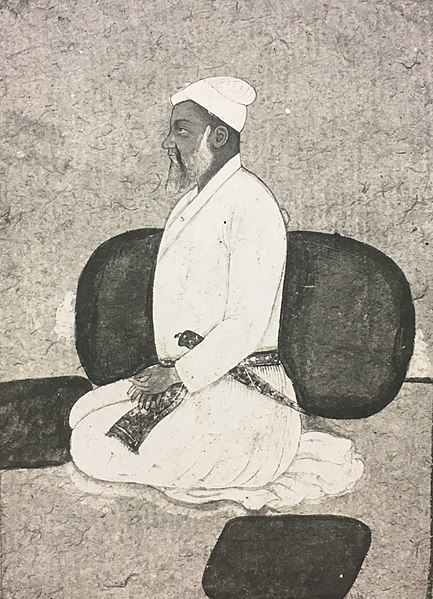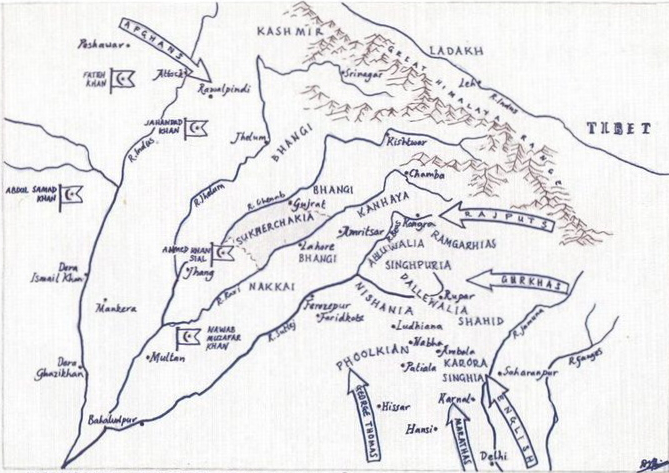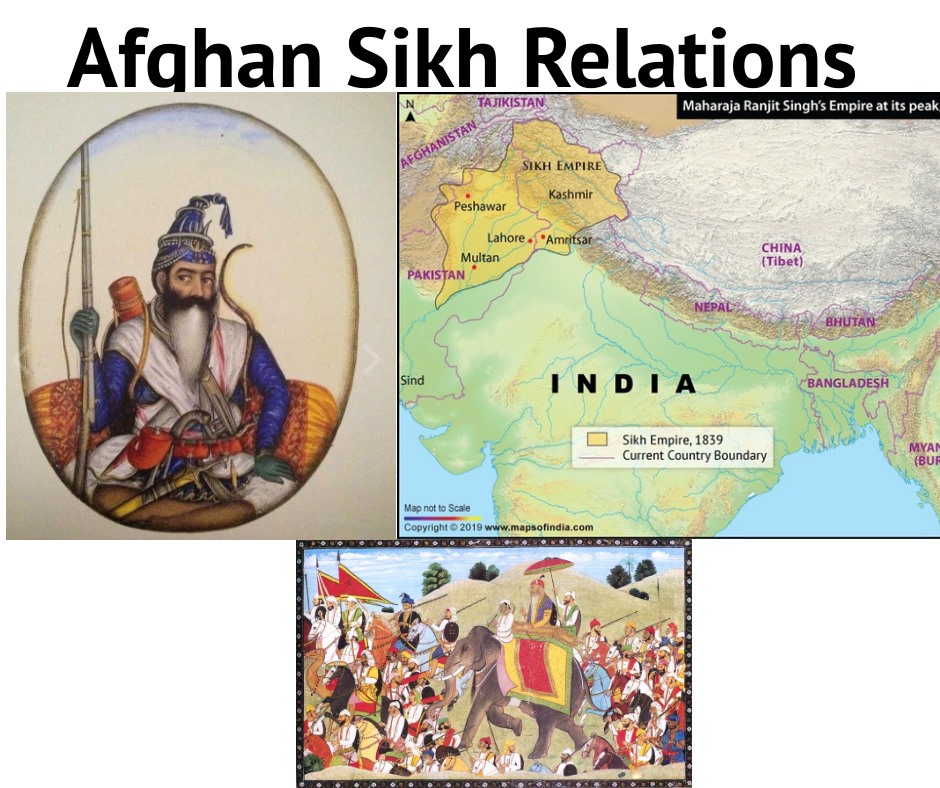Discover the heroic tales of Sukkha Singh, an 18th-century Sikh warrior from Amritsar, known for his bravery, perseverance, and enduring legacy.
Discover the history of Vanjara Sikhs, their role as medieval traders, and their cultural integration within Sikhism across Central and South India.
ADINA BEG KHAN (d. 1758), governor of the Punjab for a few months in AD 1758, was, according to Ahwal-i-Dina Beg Khan, an unpublished Persian manuscript, the son of Channu, of the Arain agriculturalist caste, mostly settled in Doaba region of the Punjab. He was born at the village of Sharakpur, near Lahore, now in Sheikhupura district of Pakistan. Adina Beg was brought up in Mughal homes, for the most part in Jalalabad, Khanpur and Bajvara in the Jalandhar Doab. Starting his career as a soldier, he rose to be collector of revenue of the village of Kang in the Lohian area, near Sultanpur Lodhi.
CHANDU SHAH, a wealthy banker and revenue official at the Mughal court at Lahore. He earned the annoyance of Sikhs by uttering disparaging words when his family priest proposed Guru Arjan`s son, Hargobind, for his daughter who was of marriageable age. Chandu Shah accepted the suggestion but with reluctance and made the conceited remark that the Guru`s house was too low for his status and wealth. Report of what he had said reached the local sangat, who felt injured and sent request to Guru Arjan to reject the proposal. The, Guru, honouring Sikhs` wishes, broke off the match.
Discover Jahandad Khan's journey from governor of Attock to a key ally of Maharaja Ranjit Singh amid the power shifts in 19th century Afghanistan.
Discover the origin and significance of the Sikh Misi: a brigade of warriors claiming territories in 18th century India, rooted in rich cultural history.
Explore sacred sakhis of Bhai Addan Shah, a revered Sevapanthi saint, promoting divine remembrance & humble service. A gem for understanding Sikhism.
Explore the spiritual bond between Muslim saint Sundar Shah and Sikh Bhai Bidhi Chand, marking a unique chapter in Sikh tradition of the 17th century.
Explore the epic Punjabi poem 'Jangnama Shah Muhammad,' recounting the Sikh-UK war and the fall of Ranjit Singh's empire with vivid historical detail.
AFGHAN SIKH RELATIONS spanning the years 1748 to 1849 go back to the first invasion of India by Ahmad Shah Durrani, although he must have heard of the Sikhs when in 1739 he accompanied Nadir Shah, the Iranian invader, as a young staff officer. Having occupied Lahore after a minor engagement fought on 11 January 1748 during his first invasion of India, Ahmad Shah advanced towards Sirhind to meet a Mughal army which he was informed was advancing from Delhi to oppose him. On the way he had two slight skirmishes at Sarai Nur Din and at the Vairoval ferry, both in present day Amritsar district, with a Sikh jatha or fighting band under Jassa Singh Ahluvalia.






